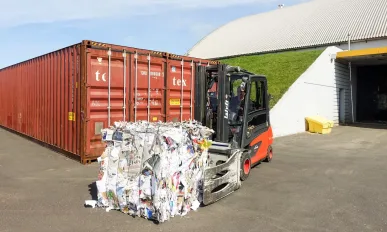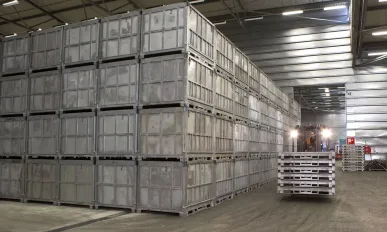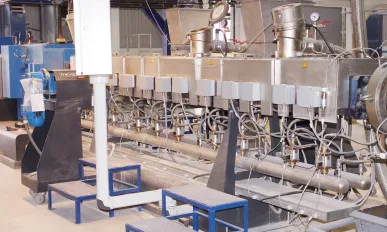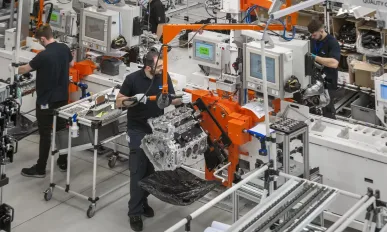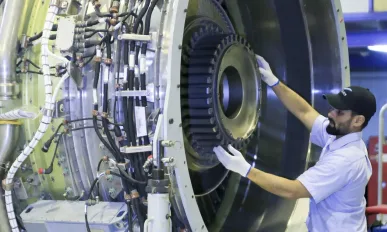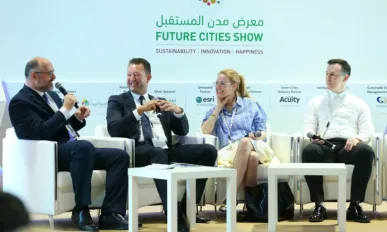Issue 28
SORPA : Advocating Efficiency
With sustainability high on the global agenda, Iceland’s SORPA has emerged as an exemplary figurehead of waste management with its innovative solutions.
Goodpack : Formidable Footprint
Having introduced a revolutionary mode of containerised transport, Goodpack is expanding its global network to help supply chains across a range of industries to become more efficient and sustainable.
Next Generation Data : Seizing the Opportunity
Next Generation Data is not just Europe’s largest data centre. It’s a flagship facility that’s providing the platform for technological progression.
Inno-Comp : Compound Companion
Hungary’s Inno-Comp is on a mission to become the region’s most prolific producer of PP compounds, continuing its work as a vital supplier to manufacturers serving a range of industries.
Ricardo Performance Products
Leveraging the latest technologies and proactively capitalising on emerging trends, Ricardo Performance Products continues to fuel the high-performance automotive revolution.
BSB Aviation : Aviation’s Innovation Engine
Remaining dedicated to its overriding customer-first mentality, BSB Aviation has continued to optimise the aerospace industry in the seven years since its inception.
Saudia Aerospace Engineering Industries
Renowned as one of the world’s leading MRO providers, Saudia Aerospace Engineering Industries is playing a key role in furthering the Kingdom’s airborne ambitions.
Cobham PLC : Mission Ready
Honouring the pioneering legacy of its founder Sir Alan Cobham, Cobham Plc has become a go-to supplier of leading edge connectivity and knowledge across a vast expanse of subsectors within aerospace, defence and beyond.
Event preview: The Dubai Family Office Forum
The Dubai Family Office Forum will reveal investment trends as it holds its fourth edition on February 5-6 2019 at The Palace Downtown in Dubai, United Arab Emirates.
Disruptive Innovations to be Featured at Future Cities Show
Future Cities Show will feature disruptive innovations as it holds its third edition on April 8-10, 2019 at the Dubai World Trade Centre.
E-governance : The foundation of a smart city
The development of e-governance in Singapore aims to see the city develop as an intelligent island and as a global infocomm capital with a thriving and prosperous e-economy.



